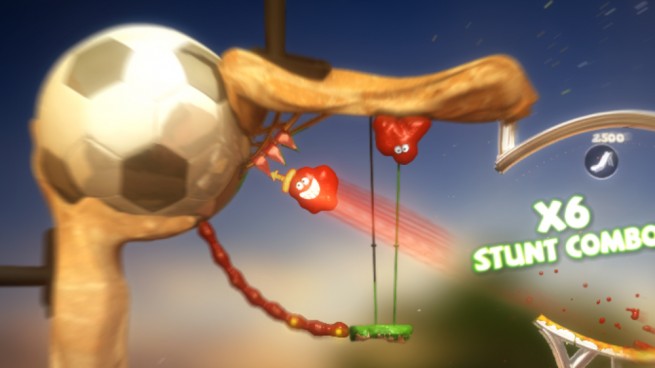
Below, you’ll find a surprisingly interesting interview with Niv Fisher, the founder of SpikySnail Games Studio and developer of The Splatters for Xbox Live Arcade. I say “surprisingly” because I had originally intended to contact Fisher regarding The Splatters’ inclusion among the 12 Days of Xbox Deals holiday sale and nothing else. But as I did my due diligence on The Splatters, a downloadable title released last year on April 11, I came up with more and more questions, inspired particularly by the company’s blog posts.

Unlock premium content and VIP community perks with GB M A X!
Join now to enjoy our free and premium membership perks.
![]()

![]()